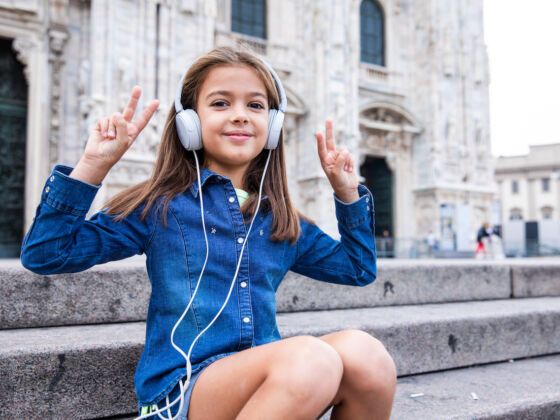MY WIFE AND I are expecting our first child early next year. My daughter is about the size of a lemon at the moment; she looks like an alien; and she’s a restless little thing. During the ultrasound, we couldn’t get a good look at her because she was squirming all over the place.
She comes by it honestly. I can’t sit still. Coop me up for too long and I get what my wife and I call “the jimbly jamblies.” The jimbly jamblies make make your legs jittery all day; they make you burst into dance while you’re cooking; they make you tell terrible puns that are aimed at getting not laughs but groans; and they make you spend money you don’t have on travel you don’t need.
The affliction lasts for life, and its cures are worse than the disease: Drugs, booze, and the internet will quiet them down for a bit, but you can’t rely on those things or your life will get very dark very fast. So, I’m going to have to teach my daughter how to travel. I have been traveling and writing about travel for years now, and I have learned a few things. Here’s what I’ll tell her.
